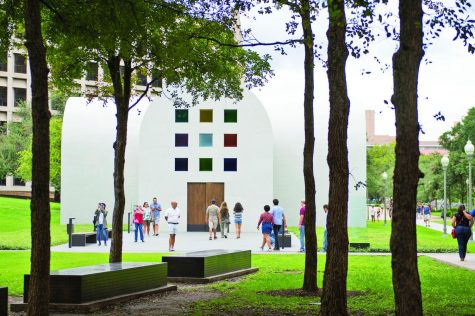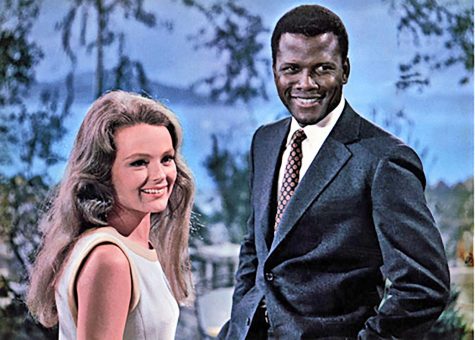Fantastic Arcade overshadowed by film festival
Fantastic Arcade, the video game offshoot of Fantastic Fest, shone on its debut into the lively Austin festival scene, but was not yet bright enough to eclipse its more famous parent.
The four-day festival included cutting-edge independent games installed on retro arcade consoles (and laptops), Xbox Live Arcade demos, films, contests and a closing chiptunes performance using hacked GameBoys.
Initially, it appeared the festival might underperform, with many game consoles open. The Highball slowly filled up as the weekend progressed, though, and by Sept. 26, the arcade was crowded enough to spill throughout the Highball and into the street.
The games themselves were mostly independent puzzle games and platformers. All were visually very interesting, but sometimes difficult to grasp on first play. There were plenty of games to go around, however, and frustration with one could always be forgotten with the joy of playing another.
Game highlights included the highly addictive “Canabalt,” created by Austin-based Semi Secret Software, eight-bit fighting game “Nidhogg,” and “Comic Jumper,” a product of Austin developers Twisted Pixel, to be released on Xbox Live Arcade Oct. 6.
Not to mention there were four computers playing “Left 4 Dead 2” on a custom map of the Highball at all times.
The Alamo Drafthouse on South Lamar reserved a theater for panels on gaming, which became the highlight of the festival experience. “Braid” developer Jonathan Blow and Academy Award-nominated director Nacho Vigalondo discussed the relationship between games, narrative and films, concluding that games have yet to find their own unique voice like films have.
“Machinima,” films created using video game engines, were showcased at the Drafthouse. Several films were created specifically for Fantastic Arcade as part of a contest, but more popular works like “Red vs. Blue,” “Leeroy Jenkins” and “A Day In The Life of a Turret” were played as well.
The festival ended with a look forward in gaming courtesy of a demonstration of “Comic Jumper” by Twisted Pixel Studios. The game was financed directly by Microsoft and marks a considerable investment in Austin game companies. The creators were hopeful they could bring diverse gaming companies’ interest back to Austin, long seen as a Blizzard (of “World of Warcraft” and “Starcraft” fame) stronghold.





